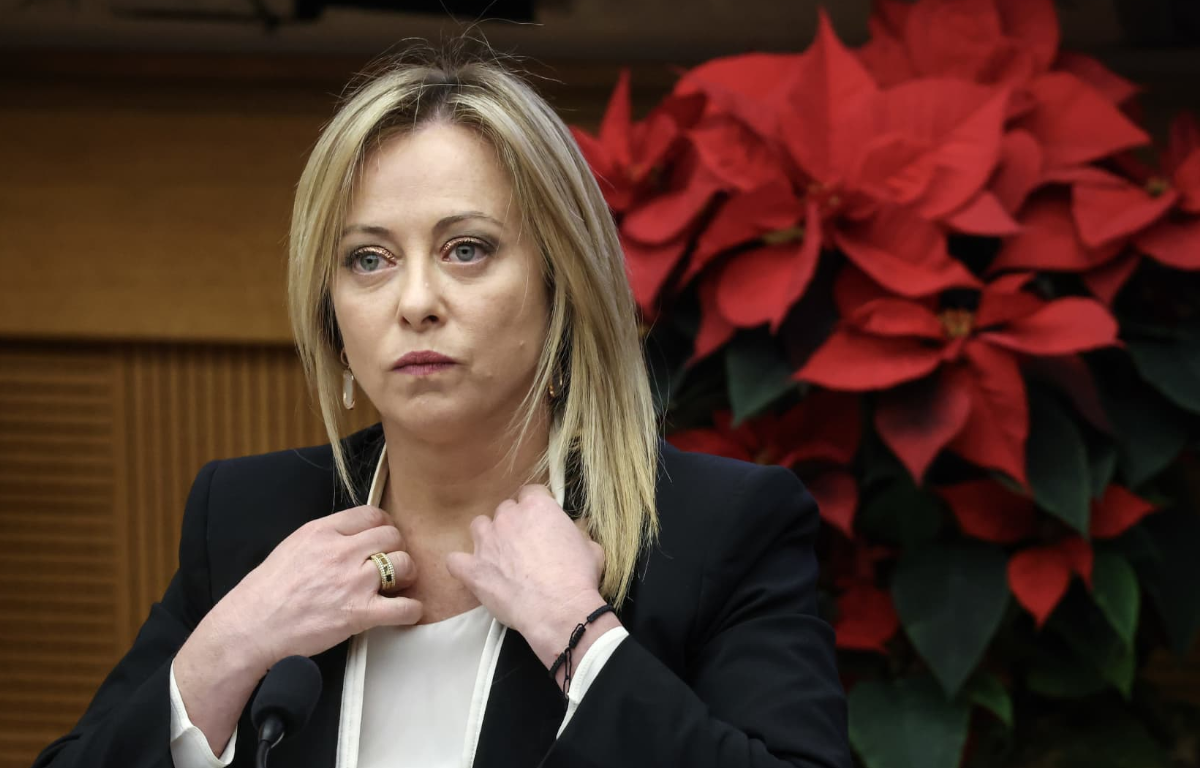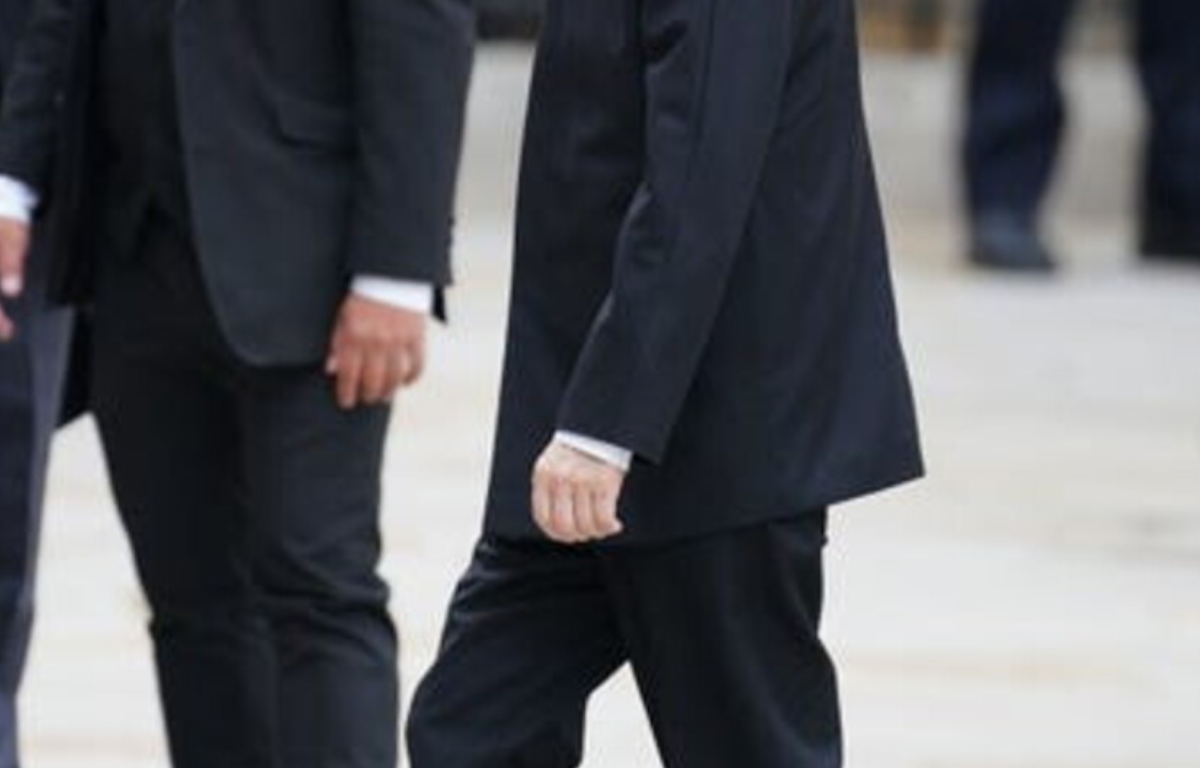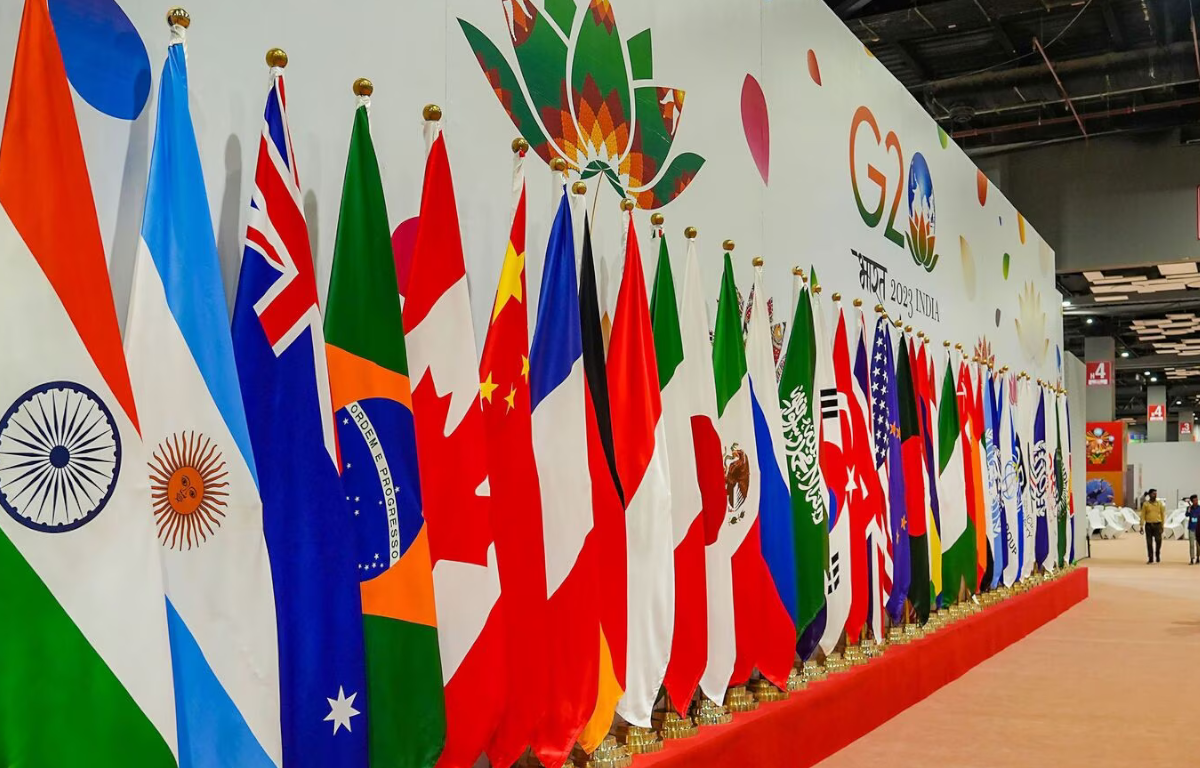
China’s approach to influencing political change often centers around economic coercion and infrastructure development. The Belt and Road Initiative (BRI) is a prime example, where China invests heavily in various countries, sometimes leading to unsustainable debt levels. When these nations struggle to repay these loans, China gains leverage, which can be used to influence political decisions or even trigger coups that align with Beijing’s interests. Additionally, China has been accused of providing military support to governments facing opposition, enabling them to suppress dissent and maintain their hold on power.
Russia, on the other hand, has a history of engaging in hybrid warfare, blending conventional military tactics with disinformation campaigns and cyberattacks. Ukraine serves as a striking example, with Russia’s annexation of Crimea and support for separatist movements in eastern Ukraine. Moscow employs propaganda, misinformation, and cyberattacks to sow political discord and destabilize governments. Furthermore, Russia supports political actors and parties in other nations that align with its interests, using financial and logistical support to influence elections and political dynamics in its favor.
The consequences of China and Russia’s involvement in fomenting coups and the militarization of politics are profound. Firstly, these actions can lead to regional instability, often drawing neighboring countries into conflicts or forcing them to choose sides. Such instability carries economic and security implications for entire regions. Secondly, this interference undermines democratic processes in affected nations, eroding the legitimacy of democratic institutions. Thirdly, coups and political turmoil often result in humanitarian crises, with civilian populations suffering displacement, violence, and economic disruption. Lastly, the international implications are substantial, as China and Russia’s actions can exacerbate tensions between these nations and the Western world, potentially sparking new conflicts or escalating existing ones.
The expanding role of China and Russia in fomenting coups and the militarization of politics raises significant concerns about global stability and the erosion of democratic norms. Vigilance and concerted efforts from the international community are essential to monitor and address these actions, holding those responsible accountable for undermining political processes and exacerbating conflicts. Diplomatic solutions to these complex issues are crucial to promoting peace and stability in an increasingly interconnected world.










Share this: